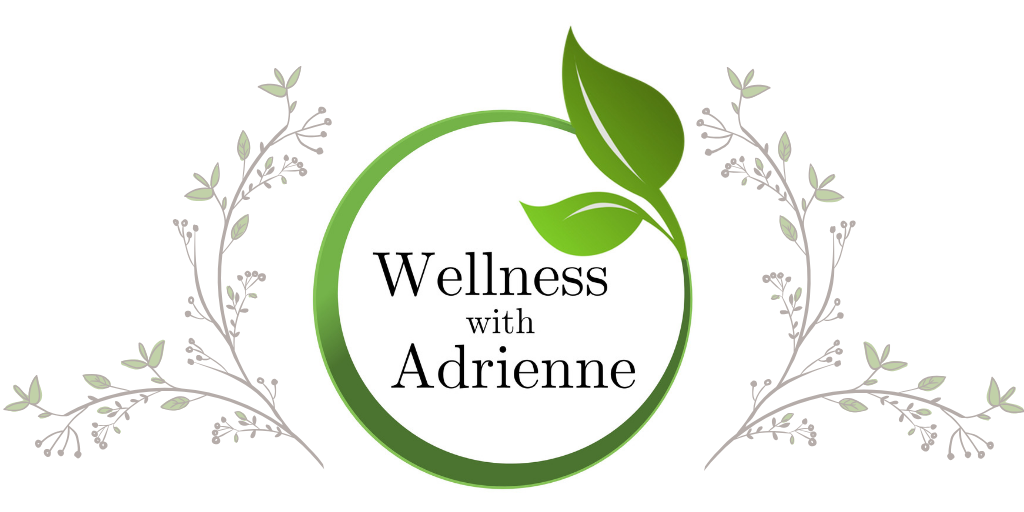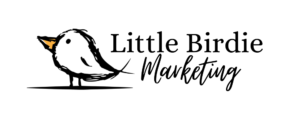FAQs
What is an herb?

An herb is simply a plant. Herbs are most often used as food or medicine. Most of us are familiar with culinary herbs like cinnamon, rosemary, thyme, cumin, etc. These herbs are used in cooking, but also have medicinal properties. Some people might even know of medicinal herbs like turmeric, echinacea, and St. John’s wort. There are many other, lesser known herbs that have medicinal properties.
How do I take herbs?
I most often administer herbs as tablets – pill form, or in tincture – liquid form. Tablets are packaged in bottles, similarly to supplements. Tinctures come in dropper bottles.
What is a formula?
As opposed to taking one single herb (like turmeric for joint pain), it is often more effective to take several herbs that work synergistically. Formulas combine 3 or more herbs. More often than not, I recommend formulas, rather than singles.
Why do I have to take so many tablets?
Herbs can be quite gentle, which is great! But in order to get a medicinal dose into our system, we often have to take several tablets per day. This is different from the one-pill-per-day culture we are used to. But it is safe for most people.
Do you sell herbs?
I do not sell herbs. When I offer recommendations, I will let you know where you can purchase good quality singles or formulas.
Can I take herbs if I take pharmaceuticals?
Yes, herbal medicine can be complementary to your pharmaceutical medication. There are some interactions between herbs and pharmaceuticals, but good herbalists know those interactions and recommend according to what is safe for the individual.
Do you see long-distance clients?
Yes. For those who live outside of Pittsburgh, and those who cannot get to my office, I offer phone consultations.

